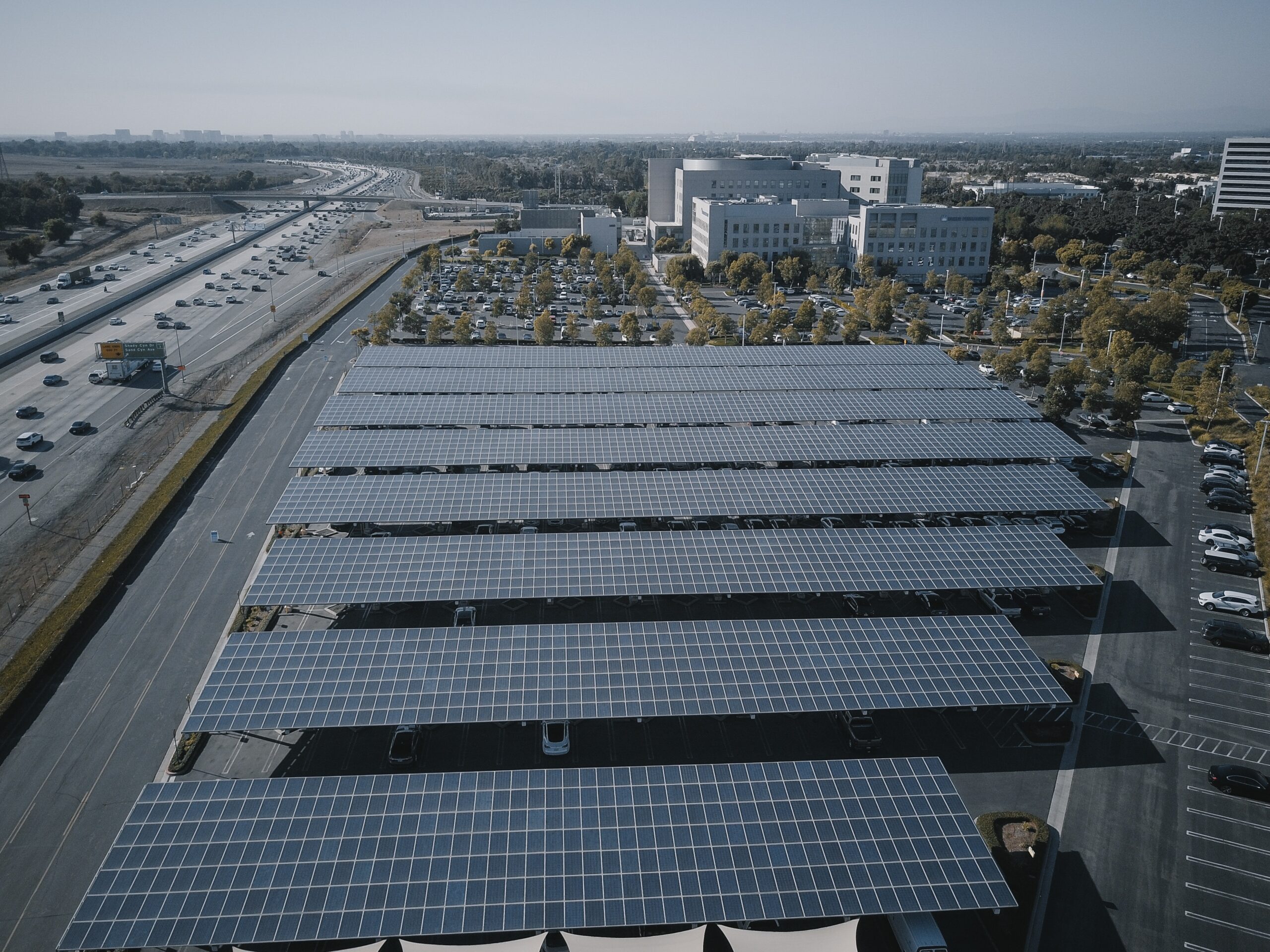Article Source: United States Department of Energy (DOE)
Article Link: https://www.energy.gov/articles/doe-awards-579-million-reduce-industrial-emissions-and-manufacture-clean-energy
Funding Supports 30 Projects That Will Decarbonize Industrial Processes, Develop New Technologies for Clean Energy Manufacturing
WASHINGTON, D.C. — The U.S. Department of Energy (DOE) today awarded $57.9 million to 30 projects — housed within industry, universities and the National labs — that will help decarbonize the American industrial sector, advance the science of clean energy manufacturing, and strengthen America’s economic competitiveness. These projects will yield technological innovations that can accelerate progress toward the Biden Administration’s goal of net-zero carbon emissions by 2050.
“Decarbonizing American industry while expanding our capacity to manufacture clean energy technologies is the surest way to meet the nation’s climate and economic goals,” said U.S. Secretary of Energy Jennifer M. Granholm. “The technologies funded through this investment will improve productivity, energy efficiency, and competitiveness across America’s industrial sector, creating good-paying jobs for American workers.”
In 2021, the industrial sector accounted for one third of all domestic greenhouse gas emissions — more than the annual emissions of 631 million gasoline-fueled passenger vehicles. To tackle the climate crisis, it is essential that American industry decarbonize as we increase production of clean energy technologies, such as wind turbines, solar panels, and batteries for electric vehicles. The selected projects will focus on innovations that can help achieve cleaner and more efficient manufacturing and give rise to the next generation of manufacturing processes for clean energy technologies. Topic areas include:
- Manufacturing process innovation: Selected projects will advance next-generation manufacturing processes that improve energy efficiency, reduce the carbon footprint of energy-intensive industries, or reduce manufacturing costs and improve material and product performance.
- Advanced materials manufacturing: These projects will focus on the development and production of advanced manufacturing materials with improved properties, including materials that reduce the operating and maintenance costs of wind turbines and extend the lifetime of components operating in hydrogen environments.
- Energy systems: Selected projects will develop innovative manufacturing processes for lithium-ion batteries that enhance safety and reduce cost and time-to-market.
“I applaud the Biden administration for awarding $19 million to 11 clean energy projects in California,” said U.S. Senator Dianne Feinstein (CA). “ These projects will help improve technologies related to battery storage, solar panels and wind turbines, all of which will be key tools on our path to reducing carbon emissions and generating more clean energy. California has long been a leader in transitioning to a clean energy economy, and these funds will help us move further down that path.”
“I applaud the Department of Energy for investing millions in innovative clean energy projects in California,” said U.S. Senator Alex Padilla (CA). “Meeting our emissions goals and combating the climate crisis will require a concerted effort to develop new technologies—including better lithium-ion batteries. The research of today will allow us to create a strong, clean energy economy for years to come.”
“Purdue University is a cornerstone of innovation in West Central Indiana with a worldwide impact,” said U.S. Representative Jim Baird (IN-4). “ I am pleased the Department of Energy is paying attention to the good work the university is doing and allocating resources that will help advance its clean energy initiatives without stifling innovation. This will help Indiana be at the forefront of achieving more efficient manufacturing processes.”
View a list of selected projects here.
These projects are funded through the Office of Energy Efficiency and Renewable Energy’s Advanced Manufacturing Office, which supports the development of technologies that improve energy efficiency in U.S. manufacturing, as well as foundational, cross-cutting manufacturing processes, information, and materials technologies critical to efficient and competitive domestic manufacturing.

